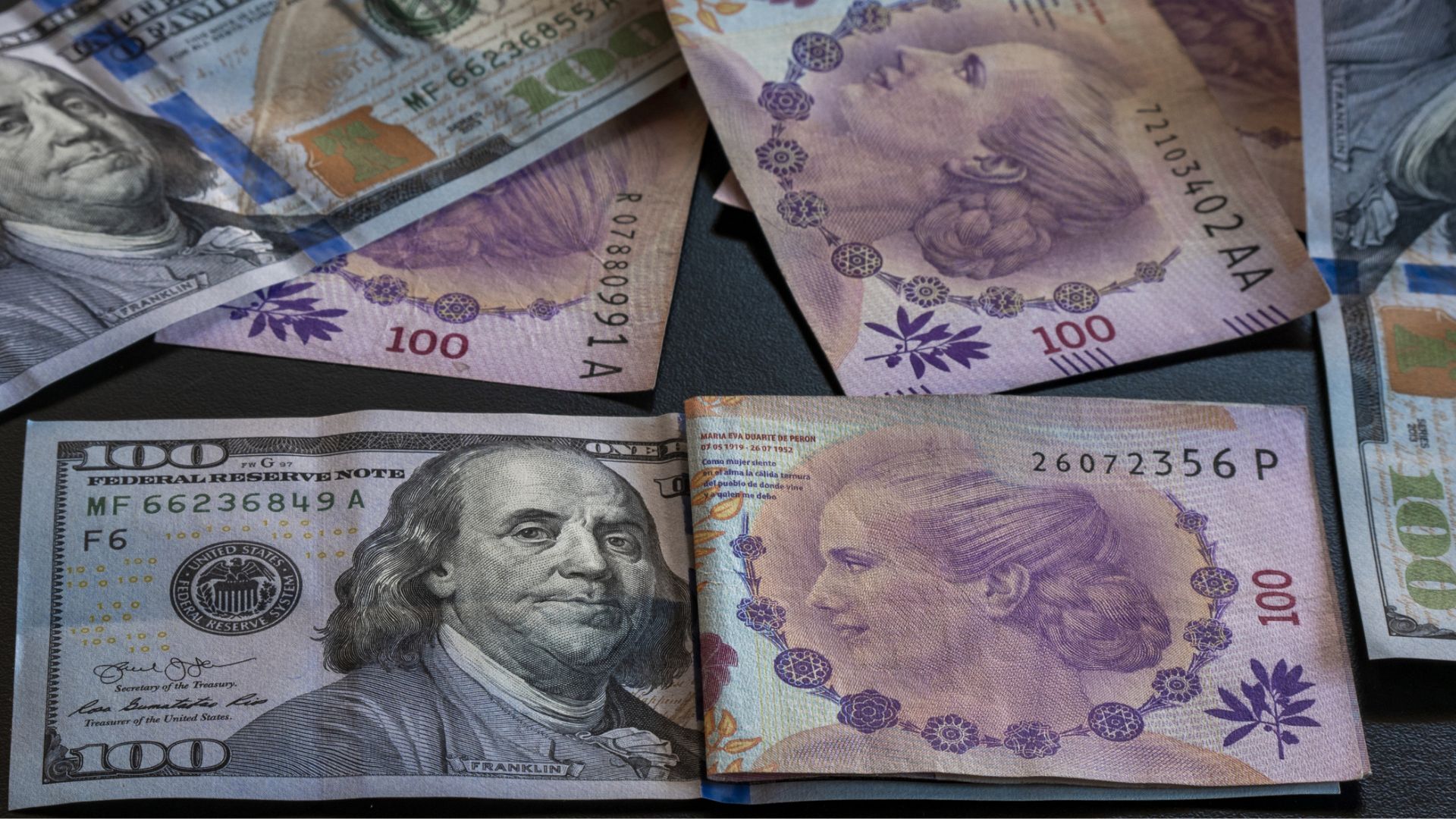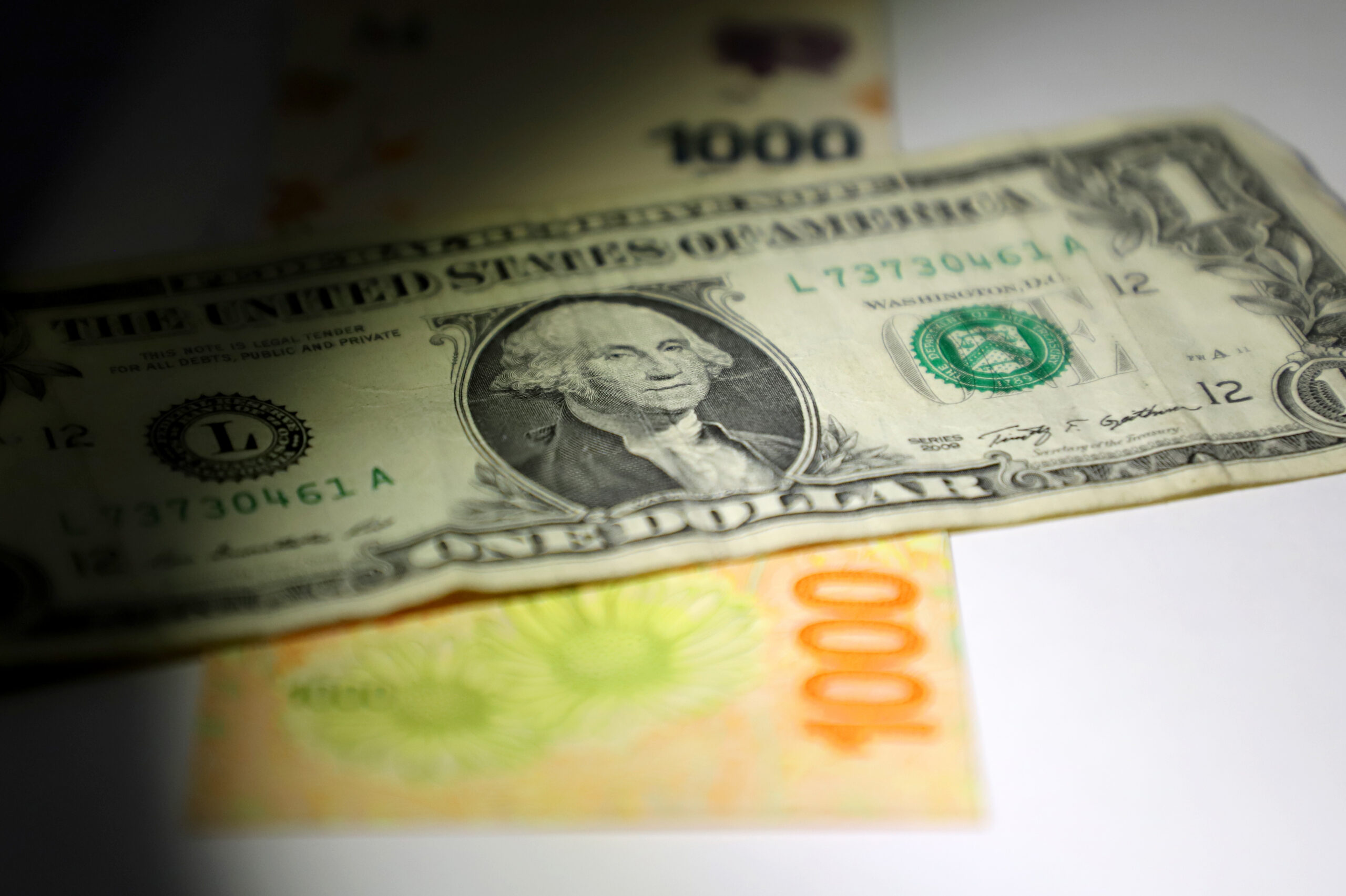



Argentina's economic landscape is undergoing a significant transformation as the government officially lifts restrictions on displaying prices in U.S. dollars. This new policy, announced by the Economy Ministry, allows businesses to show prices in both dollars and pesos, with the Central Bank now permitting local debit cards to make payments in either currency. This resolution replaces a 2002 norm that mandated prices be displayed solely in pesos, marking a pivotal shift in the country's monetary policy [cb5ecaf7].
Under the new guidelines, businesses can utilize various exchange rates—official, MEP (Mercado Electrónico de Pagos), or the informal 'blue' rate—for currency conversions. The initial implementation of this dual pricing system is expected to be seen in travel agencies and appliance stores, while supermarkets may adopt the change later. Furthermore, a dual-currency payment system is set to be developed by February 28, with a QR payment service anticipated by April 1, although credit cards will not be included in this initial rollout [cb5ecaf7].
This policy change aligns with President Javier Milei's campaign promises, which included advocating for dollarization and the eventual abolition of the peso. Currently, Argentina is grappling with hyperinflation exceeding 160% annually, leading to a significant depreciation of the peso. The government's decision to allow dual pricing is seen as a response to the economic instability that has plagued the nation [d4f92492].
Critics of dollarization caution against the potential loss of monetary sovereignty and the challenges of aligning Argentina's economy with that of the United States. While dollarization could stabilize prices, it may also limit Argentina's ability to control its monetary policy, which is vital for addressing local economic conditions [4c767db1].
The debate surrounding dollarization is not unique to Argentina; other countries have faced similar dilemmas. For instance, Ecuador and Zimbabwe have adopted dollarization with varying degrees of success and challenges. Ecuador experienced a significant drop in inflation after adopting the U.S. dollar, while Zimbabwe's dollarization led to price stability but eroded savings. These examples raise questions about the long-term viability of such a strategy for Argentina [4c767db1][52bb0ef4].
As Argentina navigates these changes, the implications for its economy and citizens remain to be seen. The government's decision to allow dual currency pricing and the introduction of bi-monetary debit cards signify a potential shift towards a more dollarized economy, but the associated risks and challenges will require careful management to ensure economic stability and growth [d4f92492].